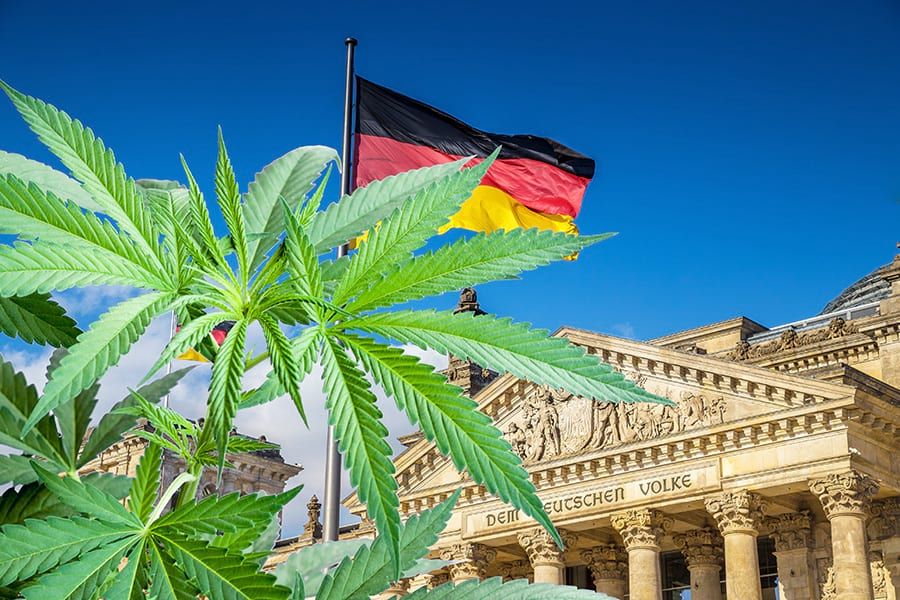
In a move that lit up smiles and celebratory joints across Germany, the country has officially joined the ranks of European nations legalizing cannabis for recreational use. As the clock struck midnight, the German Cannabis Association orchestrated a “smoke-in” at the iconic Brandenburg Gate, marking the commencement of a new era in cannabis regulation. This historic event was mirrored by similar gatherings at other key landmarks, underscoring a nationwide shift towards more liberal drug policies.
This legislative shift positions Germany as the third European Union country to endorse such a policy, following in the footsteps of Malta and Luxembourg. The German government has articulated a multi-faceted rationale behind this move, highlighting the potential to undercut the criminal cannabis trade, enhance public health through quality control measures, and reallocate police resources towards tackling more severe criminal activities. Moreover, this law introduces safeguards to deter usage among the youth, addressing concerns raised by critics.
Under the newly enacted law, adults are permitted to possess up to 25 grams of cannabis for personal enjoyment and cultivate up to three plants independently. However, regulations stipulate a 100-meter exclusion zone around schools and playgrounds to safeguard minors. Additionally, from July 1, German adults will have the opportunity to partake in “cannabis clubs,” designed to facilitate regulated access to the substance while fostering a sense of community among users.
Financially, these clubs will sustain themselves through a tiered membership fee system, reflecting the consumption habits of their members. This innovative approach aims to balance accessibility with responsible usage, drawing a line between freedom and public health.
Another cornerstone of this legislation is the provision for judicial amnesty, promising a review—and potential reversal—of sentences for offenses that are no longer deemed illegal under the new law. This measure, however, raises concerns about the potential strain on the judicial system due to the anticipated influx of cases seeking reevaluation.
The decision by Germany to legalize cannabis reflects a broader trend within the European Union towards moderating penalties associated with cannabis use, as noted by the European Monitoring Centre for Drugs and Drug Addiction. As Germany embarks on this journey, it not only challenges traditional views on drug policy but also sets a precedent for a more open, regulated, and health-conscious approach to cannabis consumption.



 and then
and then